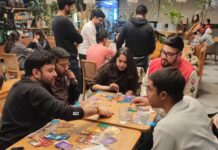National borders may demarcate different cultures and people in the modern age, but numerous instances exist where cultural phenomena spill over boundaries and mix. The same can be said about the small African village of Jambur in Gujarat.
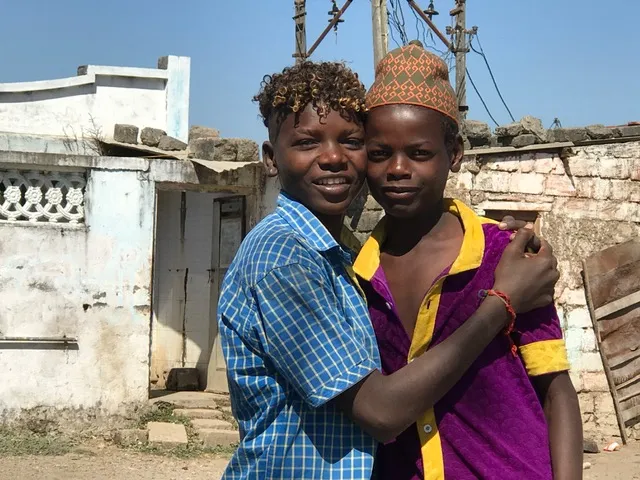
The village is an isolated little paradise located around 20 kilometers away from Gir, coming under the district of Junagadh in Gujarat. It is a settlement of the Siddi community of people who are said to be initially of African ancestry.
African Roots
The commonly held belief is that these people first trod the soil of India way back in the 7th century A.D. They had apparently been brought from their African homeland by the Arabs, Portuguese, and then the British to work as slaves. Some of them who were free shifted to this land as merchants and sailors.
Reports claim that they are the direct descendants of the Bantu tribe of Eastern Africa. Originally referred to as ‘Habshi’, which is Persian for ‘Abyssinian’, the groups that acquired an honorable rank and status were conferred the title of ‘Siddi’. The term ‘Siddi’ can be traced to the Arabic word ‘Sayyid’ or ‘Sayed’ which means ‘master’.
Blended Customs
Despite their African roots, the people of this mini-African village have blended with their Indian neighbors. They accept their present identity as Indian citizens and Gujarati people. Gujarati is their language of communication, spoken as fluently and easily as any other ordinary Gujarati resident.
Read More: Watch: 4 Forgotten African Kings Who Ruled India
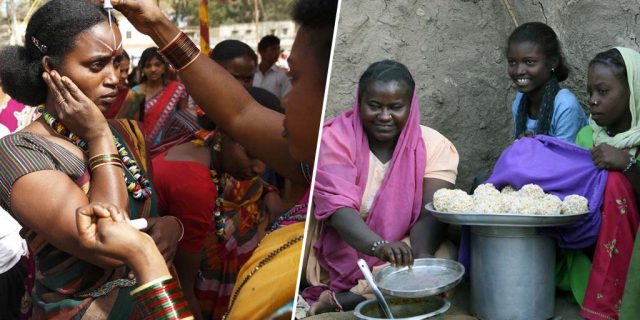
They have mostly adapted to traditional Gujarati culture and customs. Yet, their African heritage is reflected in several practices and rituals. These include the African habits of circumcision and foot-washing.
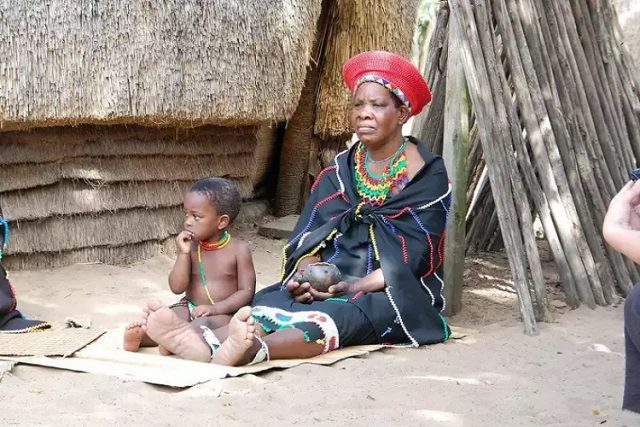
This unique community also values its own existence in its peaceful African village. By way of protecting their lineage and genetic characteristics, they strictly follow certain nuptial rules. They are not allowed to marry outside of their village, restricting romantic intermingling among families in their own community. In this way, they protect their unique African appearance.
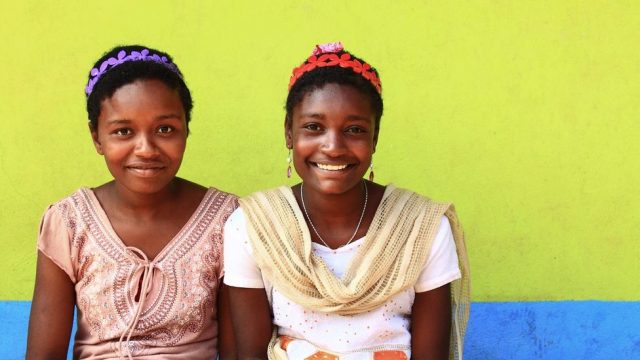
Spread Out
Besides Gujarat, Siddis can also be found in small pockets of villages in Karnataka, Maharashtra, Hyderabad, and even Pakistan. Despite their exotic roots, Siddis lead a marginalized existence. While fighting for better work opportunities, they are mostly occupied with farming and manual labor. Education is a rare luxury for them owing to poverty.
The daily lifestyle of the Siddis of Jambur is quite different from an urban one. They live with the scarcity of basic amenities like electricity and sometimes rely on kerosene for the minimum light required at night. Healthcare access is also fairly limited owing to a dearth of doctors.
Presently the village serves as a tourist attraction, due to the people’s African ancestry and also the picturesque landscape. People wishing to visit this little African corner in Gujarat may avail of a flight to Diu, around 71 kilometers away, or catch a train to Jambur railway station. Also, it is accessible via road, being 20 kilometers away from Gir.
Disclaimer: This article is fact-checked
Sources: BBC, Times Of India, Condé Nast Traveller
Image sources: Google Images
Find The Blogger: shoomedha
This post is tagged under: african, African culture, african migrants, african slavery period, african traditions, Africans, african village in india, Indian village, indian villages, Indian Villages stories, Gujarat, gujaratis, gujarati culture, african tribes, ancient tribes, culture of tribes, endangered tribe india, Indian Tribes, Indigenous tribe, Isolated Tribe, rural areas, diverse country, biggest disparity country, country of origin, #religiousdiversity, diverse ecosystem, ethnic diversity
We do not hold any right over any of the images used, these have been taken from Google. In case of credits or removal, the owner may kindly mail us.
Other Recommendations:
30 Years Ago, A Tribal African Woman Founded A Village Which Bans Men To Escape Violence By Them
































